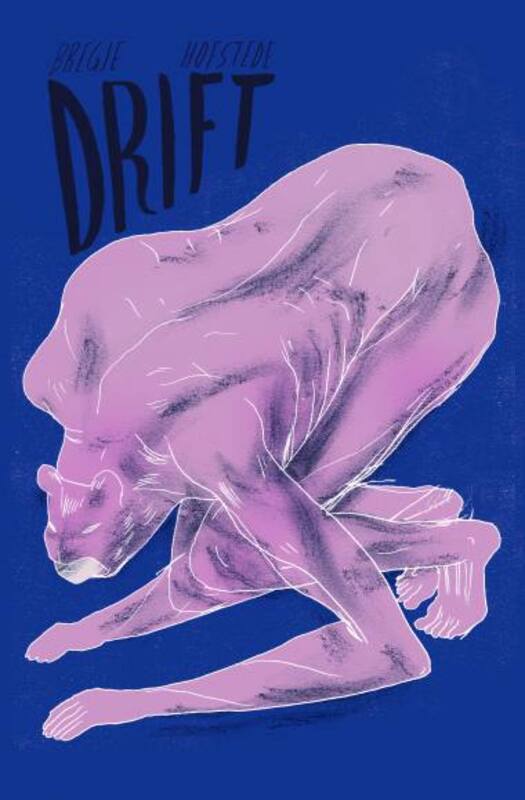
On a winter’s night, a young woman leaves her flat, carrying a backpack containing a decade in diaries. With this archive on her back, she roams through Brussels, trying to come to terms with what she is leaving behind: the teenage lover who became her husband and a woman in whom she no longer recognizes herself.
Moving from one cheap sleeping place to the next, she tries relentlessly to unravel their lost love – with her diary entries, her parents’ scrap books, photos and memories as evidence. But as the lovers drift apart, the memories start fading.
In Drive, Bregje Hofstede follows the seeping transition from childhood to adulthood: What if the plethora of possible lives slowly starts narrowing down and there is only one role left to play?
'A novel about the end of a relationship could easily become commonplace. But Drive by Bregje Hofstede is a poignant, dramatic story, enriched with metaphors and symbolism, skillfully jumping in time between present and past, adding an enormous depth.' – Trouw
'A beautiful though merciless retrospection of a marriage gone wrong.' – De Morgen
'Hofstede made her debut in 2014 with the novel The Sky above Paris, that stood out for its precise style and its essayistic parts. After this, she wrote The Rediscovery of the Body (2016), an essay in which she discusses her burn-out. Now, there’s Drive [...] The strength of this second novel is hidden in its details. Is it really necessary that we should hear about all the marital fights, [...] the visits to their parents, Christmas poems, and visits to the Herculaneum and Pompeii? It is. Because it is these details, that Hofstede excels in. [..] She is a born observer.' – De Volkskrant****
'Drive is a novel about the anger, fear and insecurities of a young woman, who seems to have it all, but then gets lost in all the possibilities life has to offer to her. To aim for perfection – in love as well as in her writing – is difficult. That is exactly what Drive teaches us.' – De Telegraaf